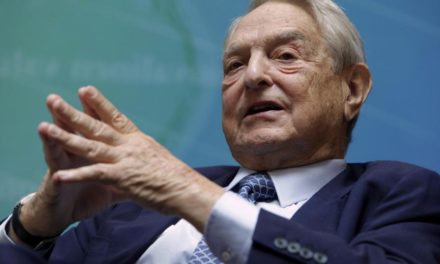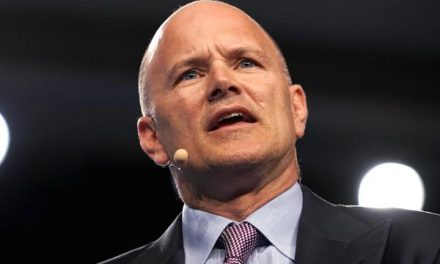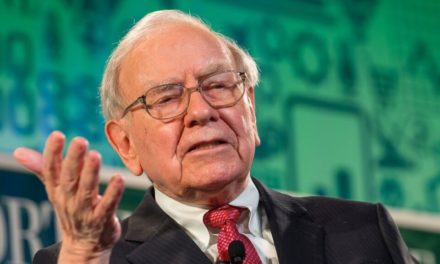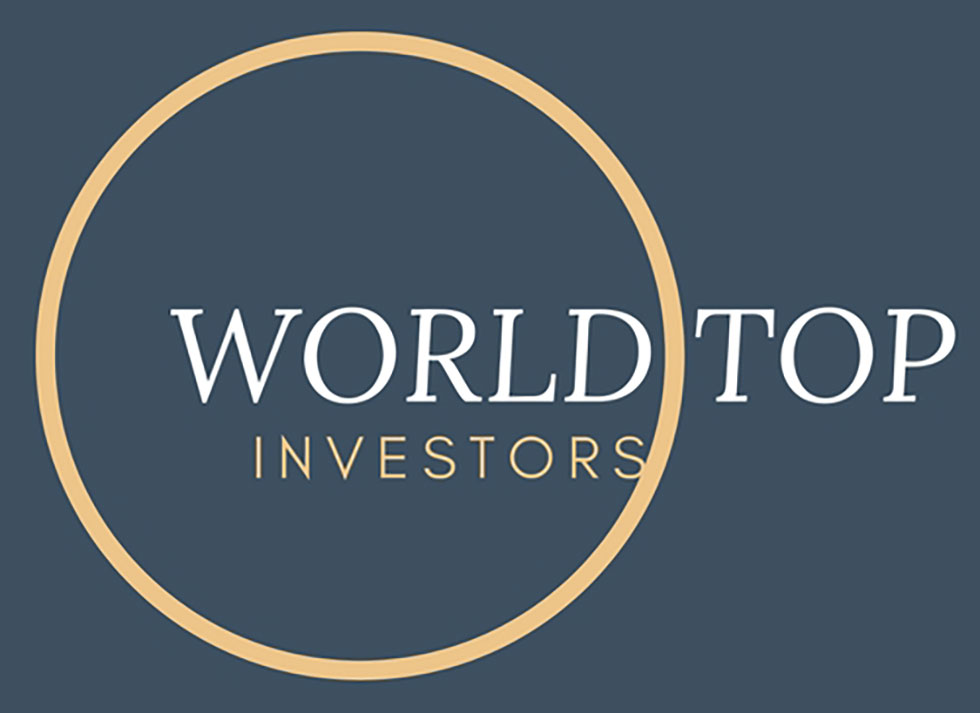Ray Dalio sees a paradigm shift ahead, which he explained in his latest financial interview.
Ray Dalio needs no introduction. The billionaire hedge fund mogul, Ray Dalio founded Bridgewater Associates in 1975 out of his apartment. Today he is one of the world’s largest hedge funds with $160 billion in assets under management.
He is also an author of several books, his latest entitled, Principles made number one on the New York Times bestseller list.

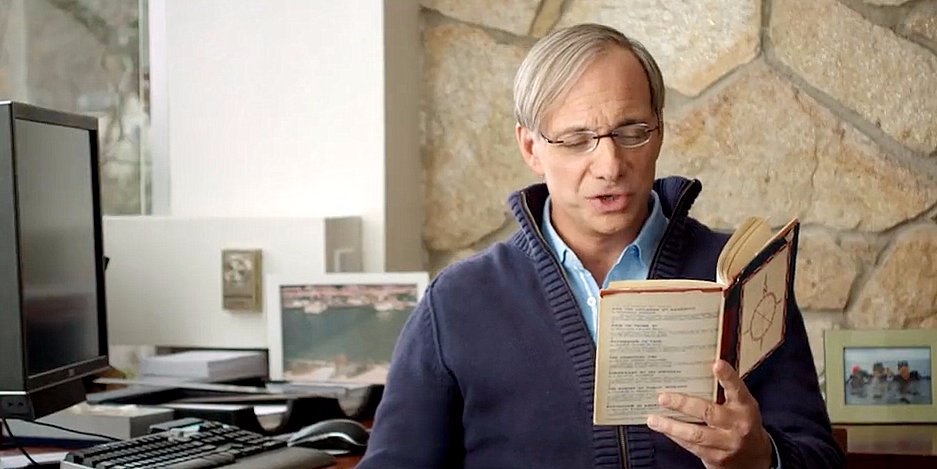
“Ray Dalio sees a paradigm shift where a technocratic state, in cahoots with the central bank plays a greater role in shaping the economy and society”
WEALTH TRAINING COMPANY
Ray Dalio sees a paradigm shift where a technocratic state, in cahoots with the central bank plays a greater role in shaping the economy and society within a framework of reducing wealth inequality, maintaining social cohesion and sustainable development
Ray Dalio discusses the evolution of monetary policy over the past decades in three stages
“Monetary policy one is an interest rate based, Monetary policy two is the classic quantitative easing QE, where the Federal Reserve or other central banks buy financial assets” said Ray Dalio.
Ray Dalio sees a paradigm shift in the final stage, third stage of monetary policy three
“Monetary policy three which is now what we are seeing is the production of that debt through government borrowing and the government’s direction of these cheques to those who need it most” said Ray Dalio.

“Monetary policy three which is now what we are seeing is the production of that debt through government borrowing and the government’s direction of these cheques to those who need it most”
RAY DALIO
So, in the post-pandemic economy, the extension of furlough schemes where the employee received 80% of their salary subsidies by the state is an example of monetary policy three.
“That is what we just saw, which then becomes monetized by the central banks,” said Ray Dalio.
“We are in a new era of monetary policy three” he added.
Ray Dalio sees a paradigm shift, where more debts are monetized by the central banks, and a greater amount of capital flows are influenced by the government, the state rather than the free market
“Monetary policy three will mean that the free market will play a much less a role in determining that market capital follows” said Ray Dalio.
Ray Dalio notes that the early version of monetary policy kept asset prices propped up, which primarily benefited the wealthy who happen to own most of the assets. Over the last decade, trillions of dollars were created by the central banks to keep financial markets liquid. But this unprecedented amount of central bank liquidity also spurred on a speculative bubble in stock, bonds, and real estate, which also widened the wealth income gap between the haves and the have nots.
In theory, higher asset prices should spur on productive investment in real estate construction CAPEX spending in plant and machinery, increase jobs, wage inflation, and create a healthy level of demand-pull inflation.
But fourth revolution technologies mean more automation, fewer humans in production. Moreover, monetary policy 2 failed to increase money velocity. Put simply, making wealthy people even wealthier won’t increase spending, it just spurs on more speculative investing.
“You are going to see much more government influencing and directing where the money goes which will have a big impact on not only the economy but also the markets” – Ray Dalio
Ray Dalio sees a paradigm shift where central banks and governments will need to address policies to prevent growing wealth inequality and rising political instability
“Government will be thinking as we come into the future how do I get that money to those who need it the most, it will be a highly political decision, much more than it will be in the past” said Ray Dalio.
But because raising taxes is politically unpopular and negative for capital flows, we could see even more currency creation, monetary policy 3, which will finance the bulk of Universal Basic Income. I believe that cryptocurrencies were a betta test for the coming central bank’s new digital currency, a likely central bank app on people’s smartphones is probably going to be how UBI will be administered. Pieces of the puzzle are coming together, the Obama phone subsidy program, the Fedcoin, and getting the public familiar with cryptocurrencies. Socialism lite has been a long time in the making.
“You are going to see much more government influencing and directing where the money goes which will have a big impact on not only the economy but also the markets” added Ray Dalio.
“If money is hard when it was connected to the gold, they always broke that link, and if it were soft, they would always print more money” – Ray Dalio
Ray Dalio sees a paradigm shift ahead particularly for investors in a financial landscape of massive currency creation and debt currency debasement
This time inflation could be coming, for if monetary policy two didn’t increase the money velocity and create inflation monetary policy three probably will be inflationary.
Ray Dalio’s take is that there will be much more debt that will be monetized.
“And that implies the value of financial assets, implications for the currencies, and so on” said Ray Dalio.
Ray Dalio explained that by creating currency out of thin air you diminish the value of the cash. “That diminishes the value of bonds because bonds are a promise to receive a lot of currency and it ships wealth to financial assets, and it sends stock higher, it always sends gold higher and it always shifts the impact of currency” said Ray Dalio.
But while Universal Basic Income addresses the wealth imbalance Ray Dalio is skeptical about a policy that tries to raise living standards by printing more money.
Certainly, people who receive the money immediately feel relief, it raises their living standards in the short term.
But currency debasement, monetary inflation eventually means that people can buy less with their income and that long term causes living standards to fall.
Ray Dalio sees a paradigm shift, but could the world’s reserve currency, the USD be threatened by such a change
“If money is hard when it was connected to the gold, they always broke that link, and if it were soft, they would always print more money”. If excess dollar creation diminishes the value of the dollar and ultimately US treasuries, then Ray Dalio believes that that could weaken US dollar reserve status. But China has got a long way to go before it holds the reserve currency.
Nevertheless, Ray Dalio admits that you going to see favorable capital flows for China.
If you do a comparison of their markets where their interest is who is doing IPOs something like 45% of IPOs will be done in China
You are going to see the internationalization of rmb that capital flows analogous movements have repeated throughout history.
Ray Dalio reiterated that cash is a risky asset.

